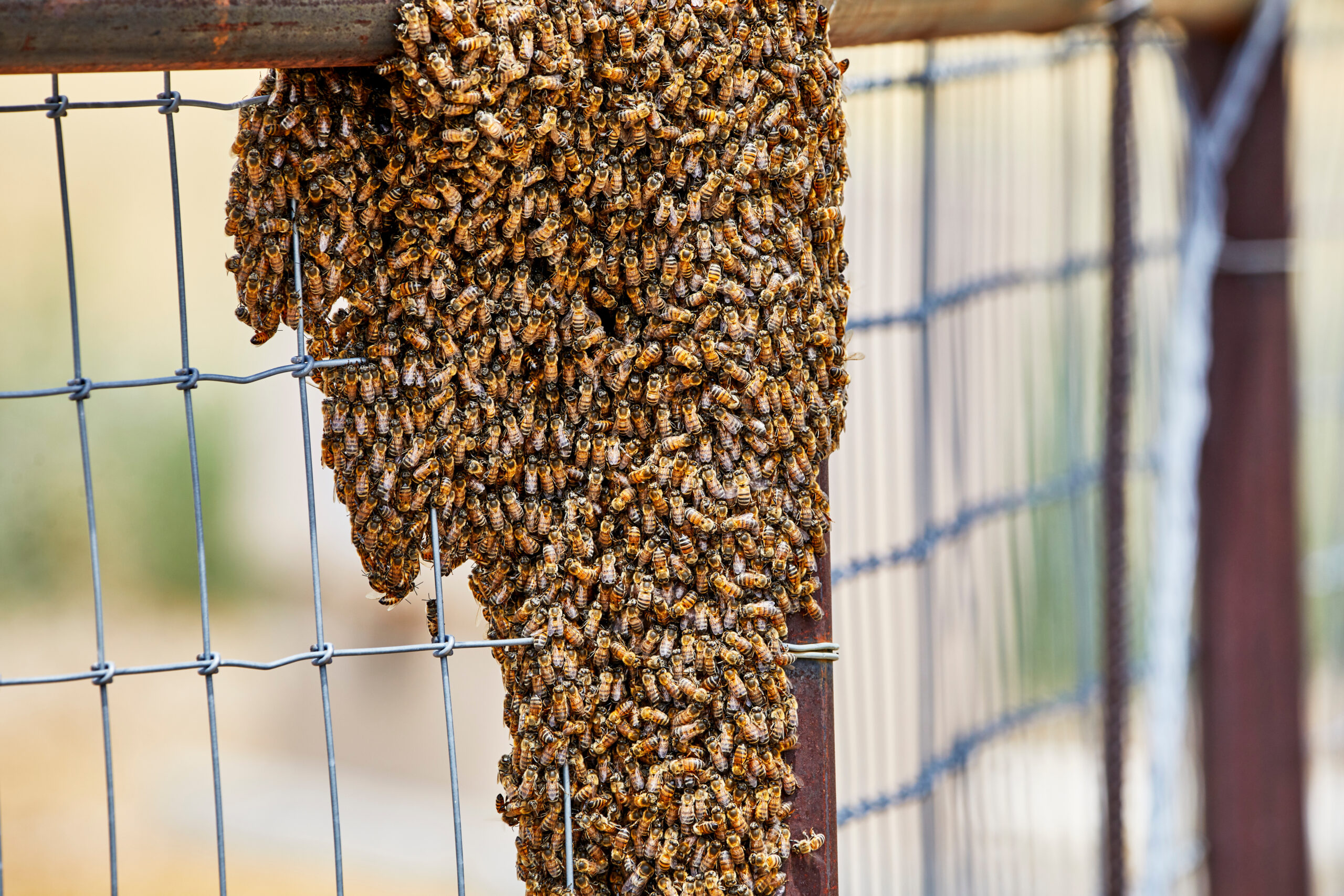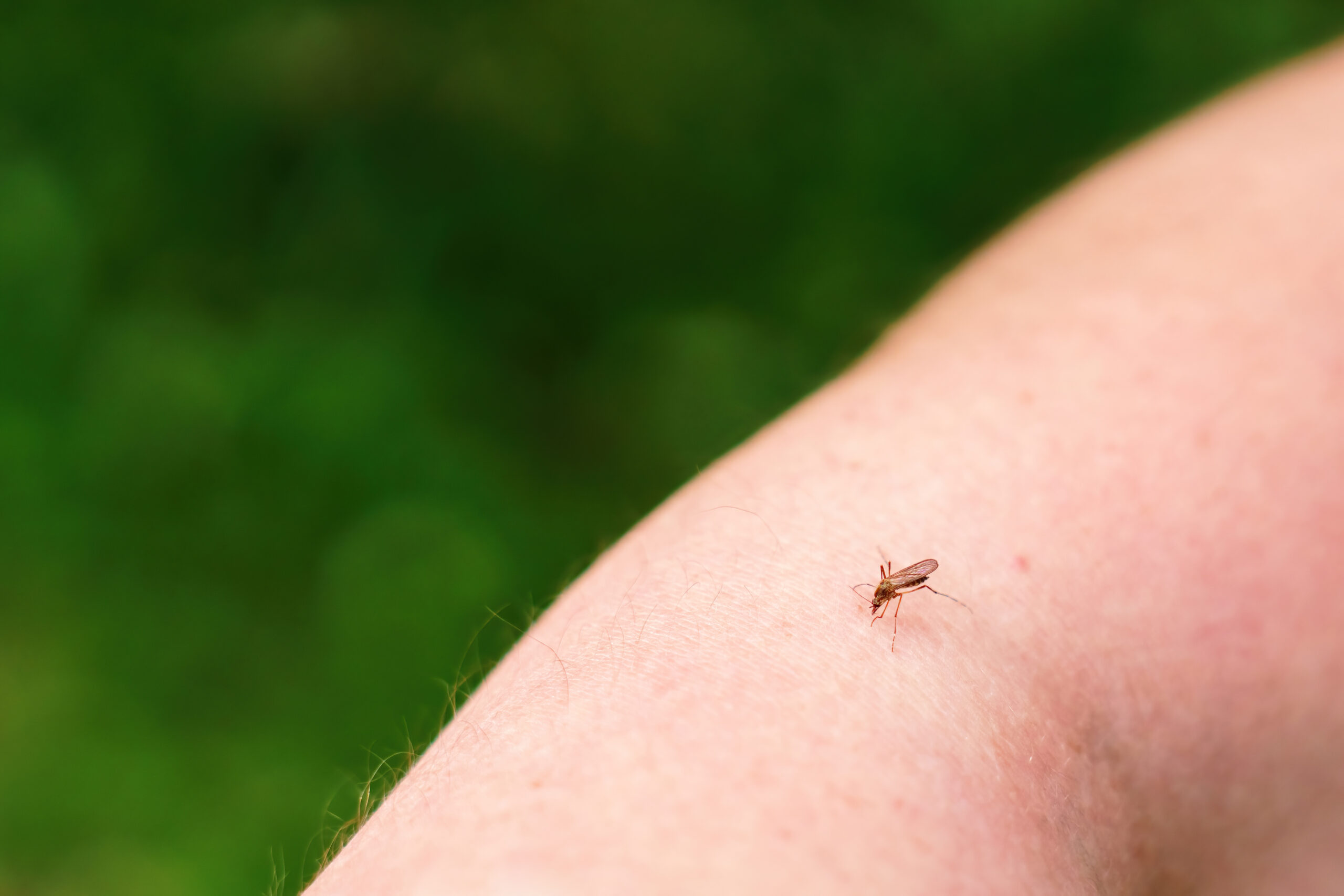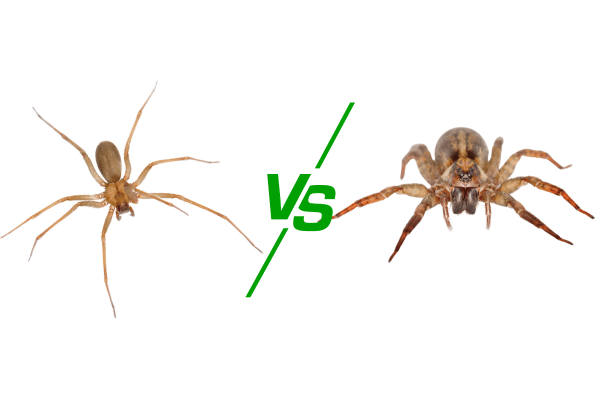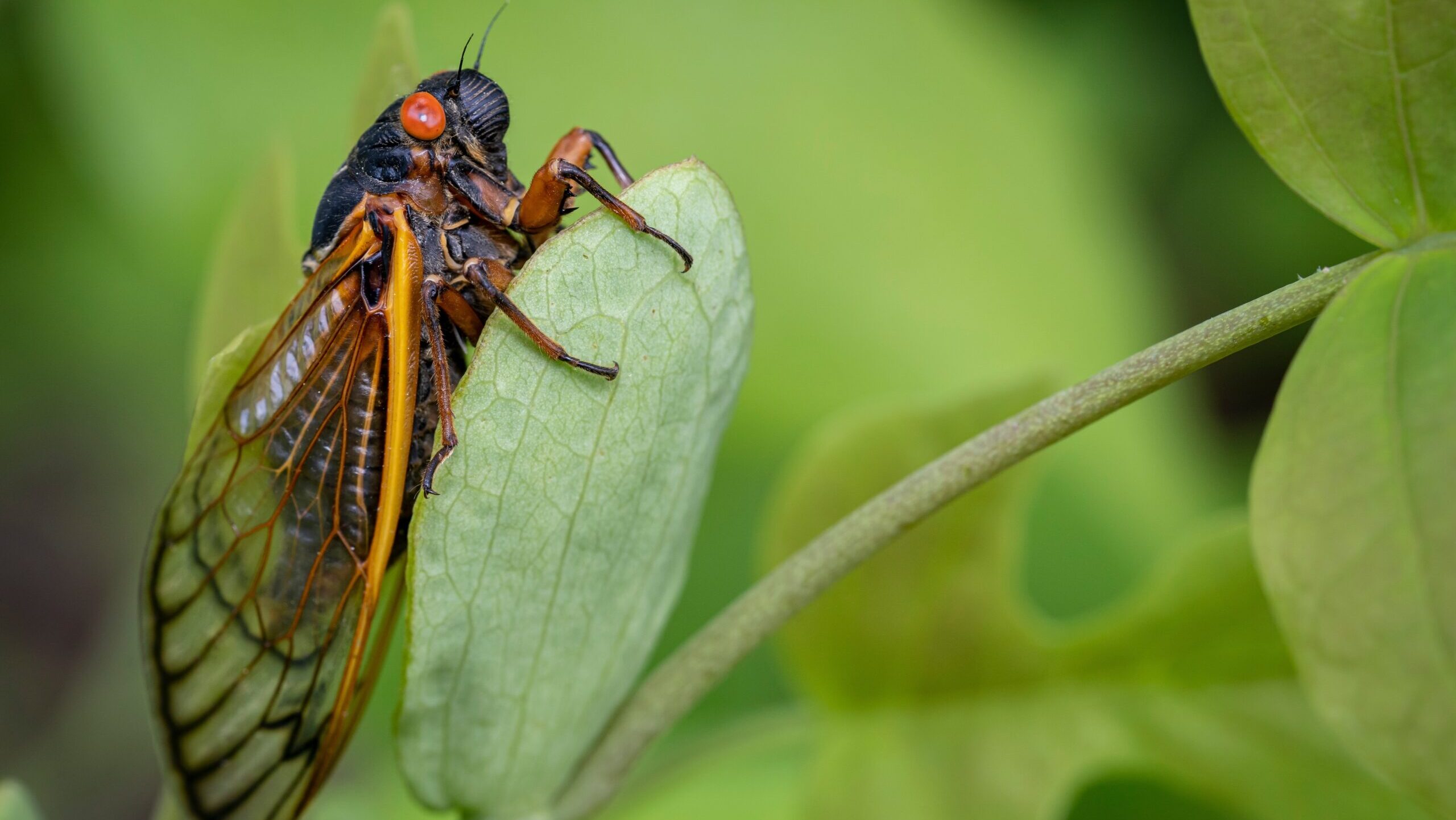Bee infestations can be more than just a nuisance—they can be a real danger, particularly when dealing with Africanized honey bees. These bees, often referred to as “killer bees,” are a hybrid of the African honey bee and various European honey bee species. Known for their aggressive behavior and tendency to defend their nests fiercely, they pose a unique threat compared to other types of bees. In this blog post, we’ll explore the risks associated with Africanized bees, what attracts them to your property, and what to do if you suspect an infestation.
What Are Africanized Bees?
Africanized honey bees were first introduced in the Americas in the 1950s as part of a scientific experiment aimed at increasing honey production. However, the bees eventually escaped captivity and spread rapidly. Today, they have established populations across various regions and are known for their aggressive nature compared to European honey bees.
Key Characteristics of Africanized Bees:
- Aggression: Africanized bees are more aggressive than their European counterparts. They tend to swarm and defend their nests with extreme vigor, often chasing perceived threats for long distances.
- Response to Disturbance: These bees respond to disturbances quickly and in large numbers. While European honey bees might send a few defenders, Africanized bees can send hundreds or even thousands of bees in response to a perceived threat.
- Smaller Nests: Africanized bees often nest in smaller, more unconventional spaces, such as in walls, under eaves, or even in utility boxes. This makes them more likely to settle close to human activity.
Why Bee Infestations Occur
Bee infestations happen when bees find your property to be an attractive nesting site. Several factors can draw bees to your home or yard, particularly if they find a suitable shelter and food sources.
Common Attractants:
- Sheltered Spaces: Bees look for small, enclosed spaces to build their hives. Eaves, walls, sheds, or even holes in the ground can all serve as potential nesting sites.
- Flowering Plants: Bees are naturally attracted to plants and flowers, particularly those that are brightly colored and rich in nectar.
- Water Sources: Bees need water to cool their hives and maintain hydration. Leaky faucets, birdbaths, and pools can attract them to your property.
While European bees can sometimes be managed or relocated safely, Africanized bees are more likely to pose serious risks to humans and pets if disturbed. Their tendency to swarm and pursue threats makes dealing with an infestation more dangerous.
The Dangers of Africanized Bee Infestations
The aggressive nature of Africanized bees makes them particularly dangerous, especially if their nests are near human activity. Unlike European bees, which may sting only when they feel directly threatened, Africanized bees have a much lower threshold for perceiving danger and are more likely to attack in large numbers.
Key Risks:
- Multiple Stings: Africanized bees are known to sting in swarms, and their stings can be deadly in large numbers, particularly for those who are allergic or sensitive to bee venom.
- Chasing Behavior: These bees can pursue threats for distances of up to a quarter of a mile, making it difficult to escape once provoked.
- Pets at Risk: Pets, particularly dogs, are at high risk of being attacked by Africanized bees if they inadvertently disturb a hive. Pets are often unable to escape quickly and may suffer multiple stings.
What to Do if You Suspect an Infestation
If you believe you have a bee infestation, particularly involving Africanized bees, it’s important to exercise caution and avoid disturbing the hive. Unlike typical bee species, Africanized bees require a more specialized approach to removal.
Steps to Take:
- Do Not Approach the Hive: Africanized bees are highly defensive and can attack if they feel threatened. Keep a safe distance from the suspected nest.
- Protect Pets and Family: Ensure that pets and family members stay away from the area. If possible, block off access to the location until professionals arrive.
- Call Phoenix Pest: Contact Phoenix Pest to assess the situation. Africanized bees require careful removal to avoid provoking an aggressive swarm. Professional exterminators will have the necessary equipment and experience to safely remove the hive and exterminate the bees.
Preventing Bee Infestations
While it may not always be possible to prevent bees from entering your property, there are some steps you can take to reduce the likelihood of an infestation.
- Seal Entry Points: Inspect your home for cracks, holes, or other small openings where bees might enter. Sealing these points can prevent them from nesting in walls or other hidden spaces.
- Remove Water Sources: Fix leaky faucets and limit standing water sources, such as birdbaths, to make your yard less attractive to bees.
- Manage Flowering Plants: While bees are important pollinators, managing the placement of flowering plants can help reduce the likelihood of bees nesting near your home.
Protect Your Home from Africanized Bees
Bee infestations, particularly those involving Africanized honey bees, can pose serious risks to your safety and the safety of your family. If you suspect a bee infestation, it’s crucial to act swiftly and involve Phoenix Pest to handle the situation safely. Africanized bees are more aggressive than other species, and their nests should never be disturbed without proper precautions.
For safe and effective bee extermination, contact Phoenix Pest. Protect your home and loved ones by addressing any potential bee infestations before they become a threat.




